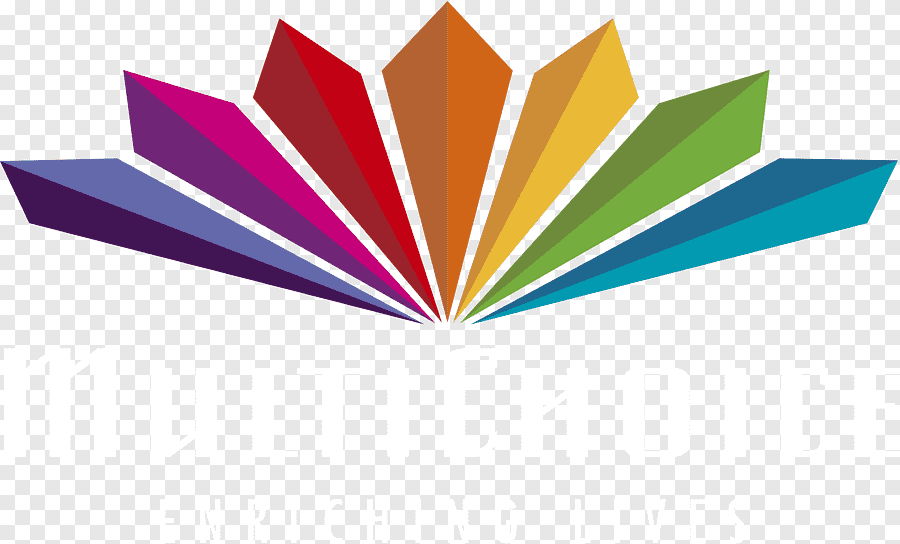Eight passengers abducted on Wednesday afternoon along Kaduna-Zaria highway have been rescued by the police.
Also rescued were three workers of Airtel Communications Company abducted on Tuesday, and nine others kidnapped on January 14 when bandits attacked the convoy of the Emir of Potiskum.
The police, however, said in the Wednesday’s attack, two of the bandits were shot dead and all the eight abducted passengers rescued.
The victims, according to the Kaduna State police command spokesman, Yakubu Sabo, were travelling to Abuja from Kano when their Sharon vehicle was forced to stop by the bandits.
According to Mr Sabo, the police responded quickly after receiving information from its DPO in Mararraban Jos at about 3 p.m. that bandits had blocked the Kaduna-Zaria highway and abducted eight persons.
“On receipt of the information, the Command mobilized teams of operatives with some Armoured Personnel Carrier to the area, engaged the attackers, successfully gunned down two of the bandits and rescued all the eight victims unhurt while many other bandits escaped with bullet wounds,” he said.
He identified the passengers rescued as Aisha Umar, Samira Ibrahim Dakata, Safiya Idris, Hauwa Aliyu, Aisha Yakubu, Ma’aru Adam, Safiya Audu and Yahaya Bello, all of Kano State.
He said the police are still on the trail of the hoodlums with a view to apprehending and bringing them to justice.
In a separate incident, the police have also rescued three workers of Airtel Communications Company abducted in Giwa Local Government Area of the state on Tuesday.
Mr Sabo said the workers, Henry Agim, Kamal Raman and Segun Adejimoh, were abducted from Maidaro village in the local government, but the police were alerted by a good Samaritan.
“After a fierce gun duel, we successfully rescued all the three workers unhurt,” the command’s spokesman said.
“While, on manhunt of the fleeing bandits, our operatives also intercepted nine other captives who were passengers of the Morcopolo luxurious bus that was attacked along Kaduna- Zaria Road on January 14, alongside the convoy of the Emir of Potiskum at Foundation village.
“The victims are identified as; Abdulhafiz Wakil, Abdul Wasiu Jimmoh, Mujittaba, Hajara Usman, Emmanuela Dimka, Dahiru Isa and three others who were debriefed by the Commissioner of Police and supported to be reunited with their respective families.
“The Commissioner of Police, Umar Muri sincerely appreciates the cooperation of the local communities who helped the Command to overcome the current security challenges.”
He further urged for more support to enable the police reduce criminal activities in the state to the barest level. (NAN)

 News6 years ago
News6 years ago
 Featured6 years ago
Featured6 years ago
 Boss Picks6 years ago
Boss Picks6 years ago
 Headline6 years ago
Headline6 years ago
 Headline6 years ago
Headline6 years ago
 Headline5 years ago
Headline5 years ago
 Headline6 years ago
Headline6 years ago
 Headline6 years ago
Headline6 years ago














